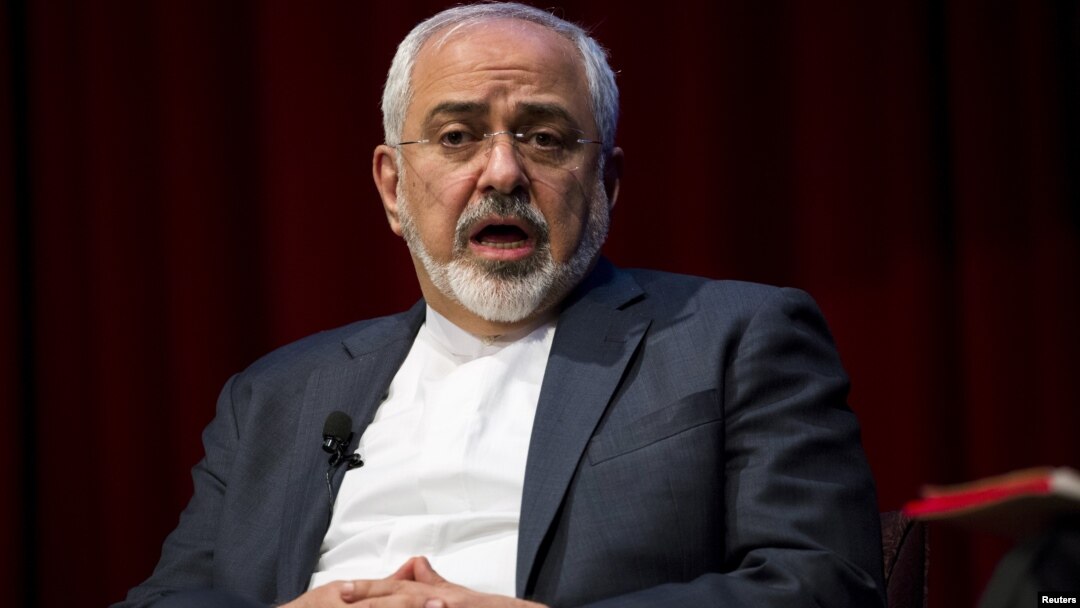Iranian Foreign Minister Mohammad Javad Zarif said Thursday he his hopeful Iran and a group of world powers can reach a final agreement on his country's nuclear program "within a reasonable period of time."
But during a visit to Greece, Zarif also said an agreement will not happen if there are "excessive demands."
Iran and the group that includes Britain, China, France, Russia, the United States and Germany have given themselves until June 30 to form a final deal curbing Iran's nuclear activity in exchange for sanctions relief. The two sides agreed to a framework in April, but still need to work out details such as how quickly to lift the sanctions that have hurt Iran's economy.
U.S. State Department spokesman Jeff Rathke said Wednesday that the U.S. and its partners are focused on the June 30 deadline and not thinking about extending the talks.
Kerry, Zarif to meet Saturday
Zarif and U.S. Secretary of State John Kerry are scheduled to meet Saturday in Geneva to continue the high-level portion of the negotiations.
The State Department says the U.S. is focused on a June 30 deadline for a nuclear accord, in spite of comments from Iran and France that an extension may have to be considered.
Spokesman Jeff Rathke said Wednesday the U.S. believes that reaching an agreement by the end of next month is achievable.
“We are not contemplating an extension beyond June 30. Again, we are united among the P5+1 [five permanent members of the U.N. Security Council and Germany] that our efforts are to reach a final deal by the end of June,” said Rathke.
The comprehensive agreement is meant to address concerns that Iran is working to develop nuclear weapons. Iran has long denied those accusations, saying its program is solely for peaceful purposes such as medical research and generating power.
Not a crisis point
However, a former State Department official who was part of the U.S. negotiating team said he is “not terribly worried” about the prospect of negotiators missing the deadline.
“There is no crisis that is on the other side of the deadline,” said Richard Nephew, a former deputy sanctions chief at the State Department.
Nephew, who is now with Columbia University’s Center on Global Energy Policy, said the Joint Plan of Action had already “restrained” Iran’s nuclear program and provided a “stable” platform for providing limited sanctions relief.
Under the Joint Plan of Action, Iran agreed to provisions that include limiting uranium enrichment levels and providing site access to nuclear inspectors in exchange for some sanctions relief.
Nephew added that if the deadline passed with no agreement, he did expect “noise” [opposition] from sources including the U.S. Congress.
“There are going to be people on Capitol Hill and elsewhere saying it just proves the Iranians don’t want to get a good deal,” he said.
Nephew said he believes the remaining sticking points between Iran and world powers include the pace and timing of sanctions relief.
He also said negotiators may be stuck on the “extent and reach” of transparency and monitoring. In particular, Iranian officials have voiced objections to giving nuclear inspectors access to military sites.


